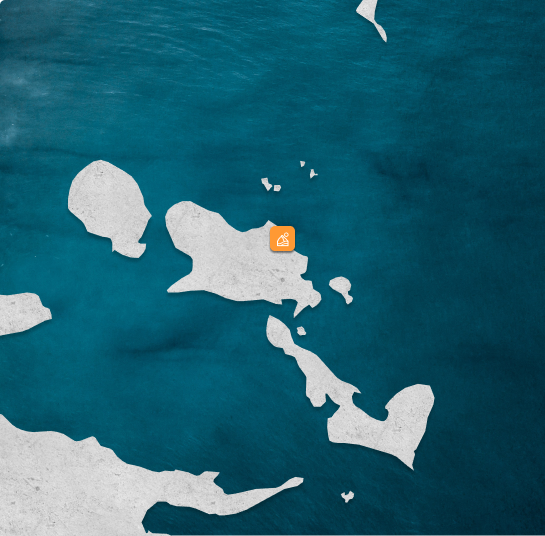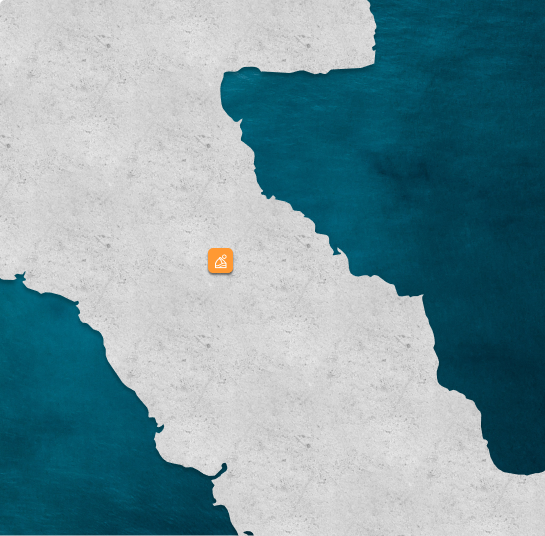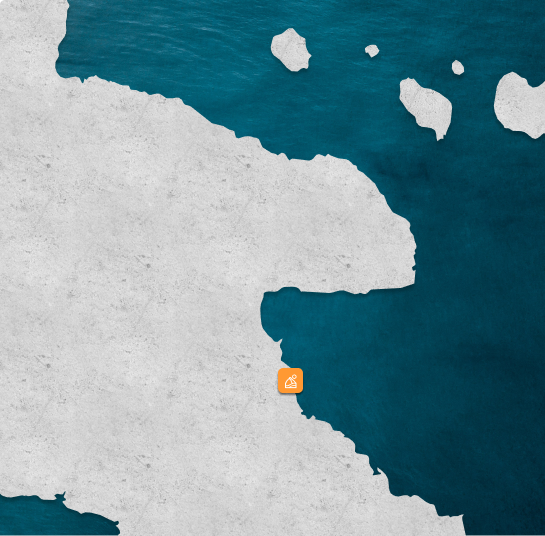BYD, the world’s largest electric vehicle (EV) maker, backed by Warren Buffett’s Berkshire Hathaway, has taken a step towards building its second assembly plant in Southeast Asia by signing a preliminary agreement with the Indonesian government.
The Shenzhen-based carmaker plans to build an ecosystem to explore development opportunities in Indonesia, its government said in a statement last week. The Indonesian government did not provide further details, and BYD said it would not comment any further on the agreement.
“Southeast Asia will become a key growth market for Chinese EV companies because of its dense population and the rising demand for green vehicles,” said Gao Shen, an independent analyst in Shanghai. “Chinese-made EVs have been well received in these countries and companies like BYD are welcome to set up production lines there.”
The deal shows that Indonesia, with a population of 280 million, is racing ahead of Vietnam and the Philippines, the two other Southeast Asian nations looking to build their EV industries. Hanoi and Manila have also invited BYD to build plants in their countries, according to Bloomberg.
“We appreciate BYD’s initiative to further explore these opportunities,” Luhut B. Pandjaitan, Indonesia’s coordinating minister for maritime affairs and investment, said in the statement. “With abundant natural resources, a strategic geographic location and government support, I believe Indonesia has the key ingredients to develop a domestic EV industry.”
The EV maker started construction of its first plant in the region, in Thailand, in March. Four million cars are sold in Southeast Asia on average each year, and BYD’s factory will have an annual capacity of 150,000 EVs when it is completed next year.
EV sales in China, which is the world’s largest market for battery-powered vehicles, are expected to soar 35 per cent this year to 8.8 million units, according to UBS. The country is also likely to surpass Japan to become the world’s largest vehicle exporter this year. According to China Business Journal, mainland China’s carmakers exported a total of 1.07 million vehicles, including both petrol and battery-powered in the first quarter of this year, beating Japan’s export volume of 1.047 million units during the same period.
“I don’t think it’s particularly attractive, the technology is not very strong,” he said at the time.
On Friday, he responded to a clip of the interview, which was shared by Tesla Owners of Silicon Valley, a club officially recognised by the US carmaker, on Twitter and said: “That was many years ago. Their cars are highly competitive these days.”




